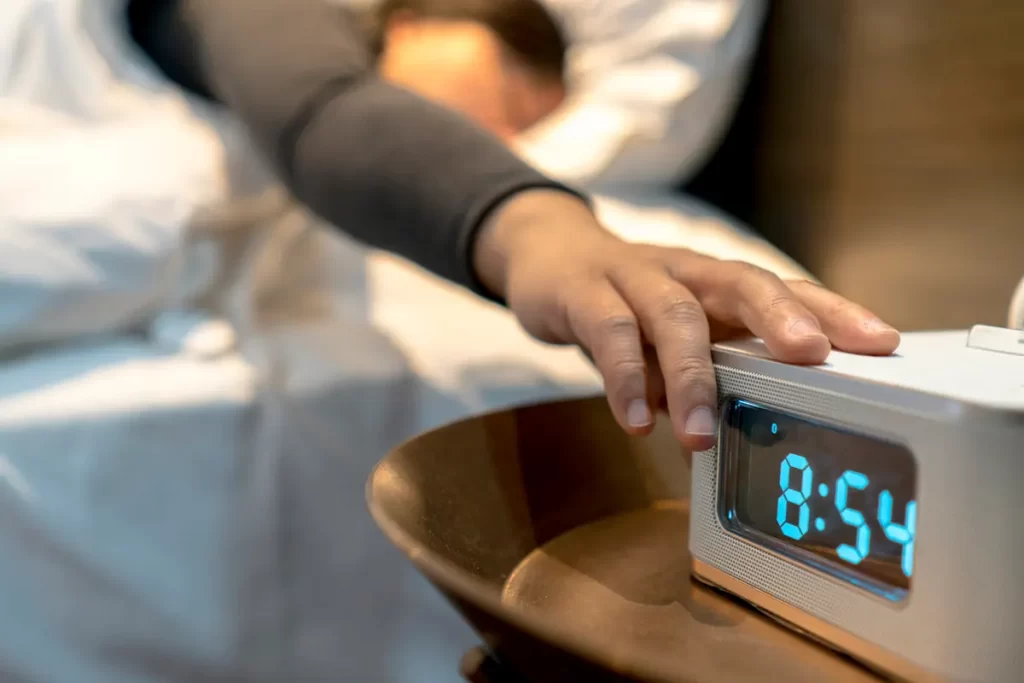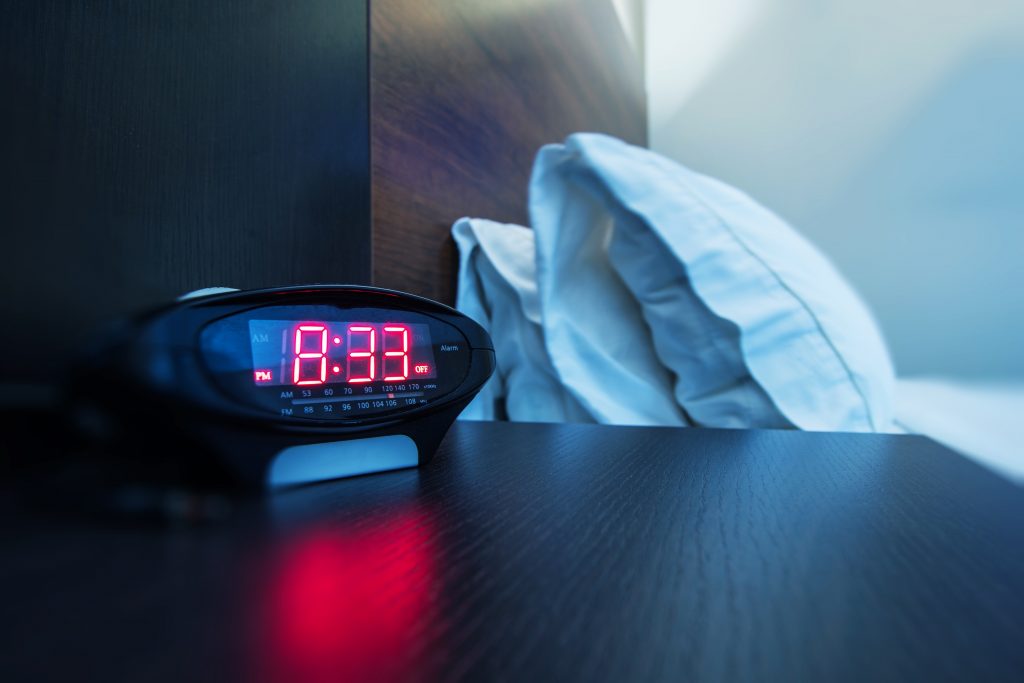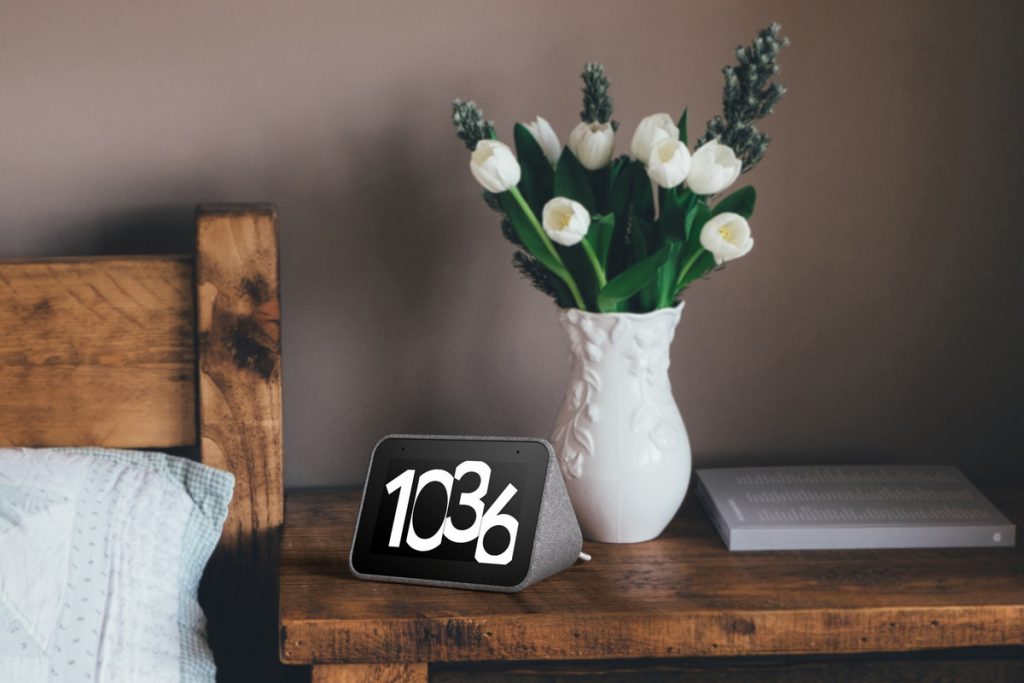Alarm Clock Buying Guide: A Healthy Upgrade for a More Peaceful Bedroom
If you remember the first time you moved away from home, one thing your parents must have told you to do was to purchase an alarm clock. That’s because people are creatures of habit, and if you’re concerned about your ability to wake up for your work, morning classes, or any other morning responsibility you need a good alarm clock. Especially if you’re starting a new chapter in your life or simply don’t want to use your phone during your quiet hours (much recommended!).

So, while purchasing alarm clocks back in the day, you were able to choose between a few brands, nowadays, all of the different models of wake up alarm clock have distinguishing features that set them apart. Modern designs truly bring you a whole different wake-up-early experience.
Rely on Sunrise Simulation
Sunrise simulation wake up alarm clock uses visual and aural cues to bring you up. This is a brand new innovation in alarm clock technology, as we have always been accustomed to merely hearing the ringing sound. Now light can wake you up to indicate that it is already daytime. This is especially effective for people who like to sleep in completely dark rooms and have no way of finding out if the sun has risen or not.
Find Your Perfect “Wake-Up Call”

You may fail to wake up even though your alarm clock is going off, risking to wake up a roommate or your next-door neighbour. Try other sounds that you haven’t used before, and you’ll notice that you’ll wake up quicker without bothering others. An alarm clock with multiple sound selections is unquestionably preferable to one with only one ringing sound. The perfect sound should be somewhere between slightly annoying, so that you wake up, yet still pleasing enough to your ears so that you don’t get the urge to break it.
Use a Simple Setup
It should be as simple to set an alarm clock as it is to write down your name. When you remember that you haven’t set the alarm, you may already be too tired. When it comes to setting an alarm, it should be a simple task so that you’re able to do it with your eyes closed! However, sometimes it is much more beneficial to have to do something creatively to shut it down. This way there’s a much bigger chance to become fully conscious and, although slightly annoyed, be ready to get out of bed.
Choose an Aesthetically Fitting (and Pleasing!) Design
Previously, alarm clocks were typically black in colour and square in shape. Nowadays, alarm clocks are regarded as decorative objects and a centrepiece of your bedroom’s night table. You can select from a variety of forms, colours, and sizes based on your preferences.

When it comes to the price, the design, the brand and the features you want or need may be more important than since this can be a once in a decade investment, depending on how much you want to keep up with the technological advancements.
Enhance Your Sleep Hygiene
Consider all of the factors that can disrupt a good night’s sleep, from work stress and family obligations to unforeseen problems, such as illnesses and bodily exhaustion. It’s no surprise that getting enough sleep can be difficult at times. While you may not be able to manage the things that disrupt your sleep, you can develop behaviours that promote healthier sleep and help you avoid pouring your hate on your wake up alarm clock in the morning. Begin with these easy suggestions.
1. Maintain a consistent sleep routine
Allow for no more than eight hours of sleep. A healthy adult should get at least six hours of sleep per night but no more than eight. The majority of people do not require more than eight hours of sleep to attain this aim, however, there are exceptions and you and your doctor know what is best for your health.

Every day, go to bed and get up at the same hour. Try to keep the time difference between weeknights and weekends to no more than one hour. Consistency strengthens your body’s sleep-wake cycle. If you haven’t fallen asleep within 20 minutes, get out of bed and do something relaxing. Read a book or listen to relaxing music. When you’re exhausted, go back to bed. Repeat as necessary.
2. Be mindful of what you eat and drink
You should neither go to bed hungry, nor stuffed. Avoid eating anything heavy or substantial within a couple of hours of going to bed. Your discomfort may keep you awake. Nicotine, caffeine, and alcohol should all be used with caution. The stimulating effects of nicotine and caffeine take hours to wear off and can have a negative impact on sleep quality. And, while alcohol may make you feel drowsy, it can interfere with your sleep later in the night.
3. Create a relaxing atmosphere
Pay attention to the sleeping area in your home. Before going to bed, make sure your bed has been made. This way it’s much more inviting and relaxing. A good sleeping environment typically indicates a cool temperature, and a dark environment protected from loud noises.
Avoid using light-emitting screens for an extended period right before going to bed. Consider utilizing room-darkening shades, earplugs, a fan, or other gadgets to create a comfortable setting. Practising relaxing activities before night, such as taking a bath or employing relaxation techniques, such as gentle yoga, may also help you sleep better.